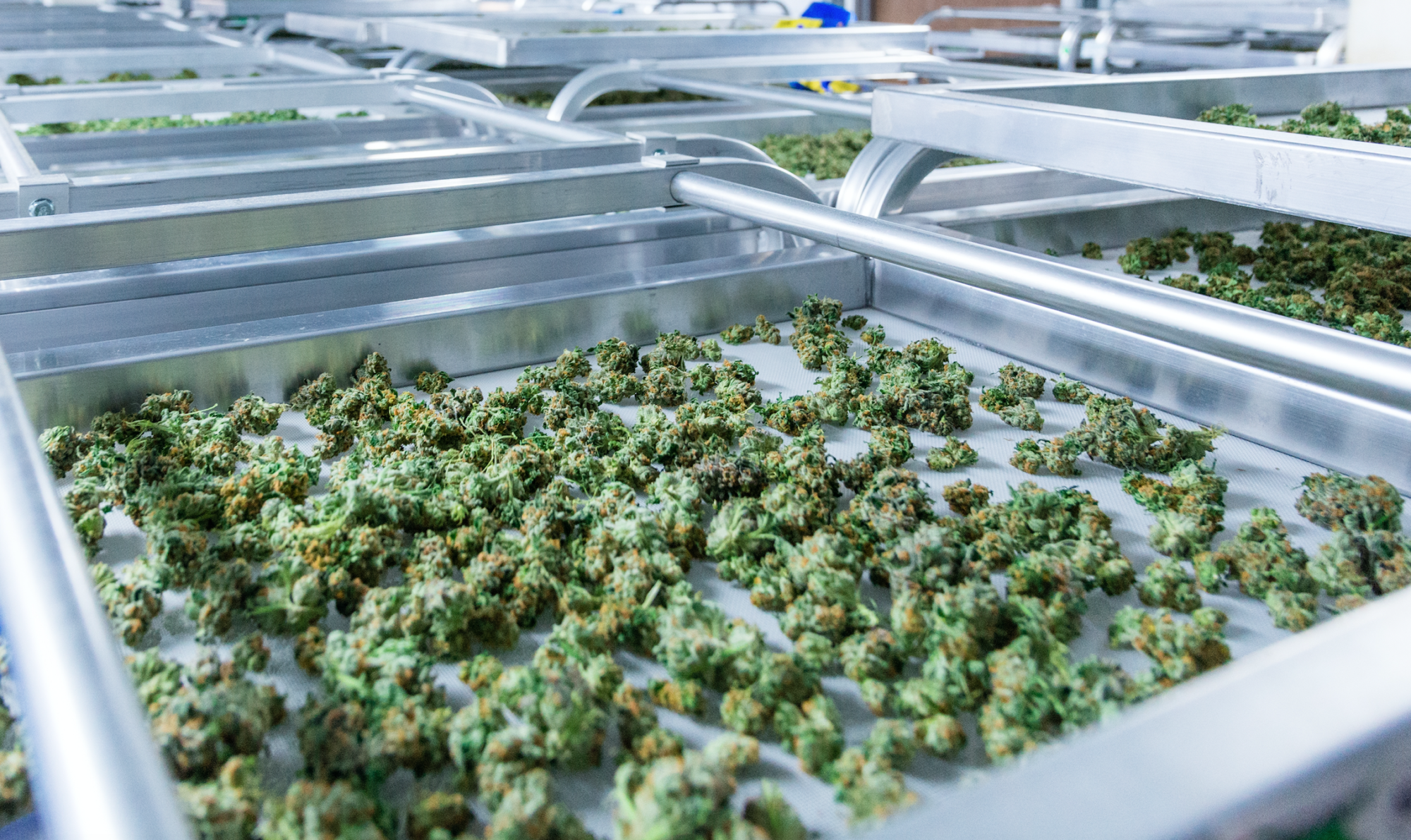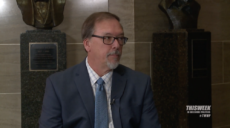The Department of Health and Senior Services (DHSS) has settled two appeals from facilities originally denied medical marijuana licenses.
The state health department approved one new testing license and one new dispensary facility license through the settlements. In both cases, DHSS said the settlement was the best course of action under the implementation of the voter-approved Amendment 2, which established the medical marijuana program, the department said in a news release Tuesday afternoon.
A new testing facility license has been awarded to Green Precision Analytics, Inc., (GPA) making it the only testing facility in the Kansas City area. It was the No. 5 ranked testing facility applicant.
In a complaint filed on Dec. 30, 2019, GPA admitted it made a clerical error in reporting its shareholders’ voting interests in the company. But it argued DHSS should reverse the denial because the department failed to “fulfill its obligation” to disclose what information was missing or wrong in GPA’s initial application so it could fix it and resubmit in a timely manner.
GPA noted it received a higher score than three other testing applicants approved by DHSS in the complaint. None of those are in the Kansas City area.
DHSS settled with GPA Tuesday morning, attorney Christopher McHugh with Joseph, Hollander & Craft LLC, told The Missouri Times.
“Kansas City should be happy, and GPA is very happy,” McHugh said.
 Loading...
Loading...
DHSS also settled with BeLeaf Medical LLC., giving a new dispensary facility license for a place on Manchester Avenue in St. Louis. The company is giving up its existing dispensary license for a Lafayette Avenue location as part of the settlement.
Both location applications from BeLeaf Medical are in Congressional District 1 and received the same score.
But in a complaint filed Feb. 21, BeLeaf Medical said DHSS arbitrarily awarded bonus points to one facility over another since a tie-breaker system wasn’t in place. The company argued it should have been able to choose which dispensary facility license application received the HD 79 bonus points and was ultimately approved.
Additionally, the company argued it presented the exact same answer to one question, and while some facilities received points, the denied application in question received zero points. It asked for the department to rescind the license given to one facility in HD 79 and instead award it to the other.
 Loading...
Loading...
DHSS said both settlements allow for the two high-scoring applicants to expand accessibility without adding more product to the marketplace.
“We remain committed to upholding our system of awarding licenses and will continue to defend the remaining appeals filed with the Administrative Hearing Commission,” DHSS Director Dr. Randall Williams said in a statement. “These particular appeals were unrelated to scoring process concerns, and we are thankful these applicants will now be able to move forward with their business preparations so they can help us serve Missourians.”
Earlier this year, Lyndall Fraker, director of the health department’s medical marijuana regulation section, disputed claims of “scoring irregularities” made by an industry association. The Missouri Medical Cannabis Trade Association had alleged inconsistencies among scores of a question regarding marketing plans after DHSS issued cultivation licenses to 60 facilities.
But Fraker maintained scoring was done “in a way that is both highly professionally competent and legally valid.”
Denied applicants had a 30-day window to appeal with a petition for licensing to the Administrative Hearing Commission (AHC), the state’s four-person tribunal.
Attorneys for BeLeaf Medical didn’t immediately respond to a request for comment.























